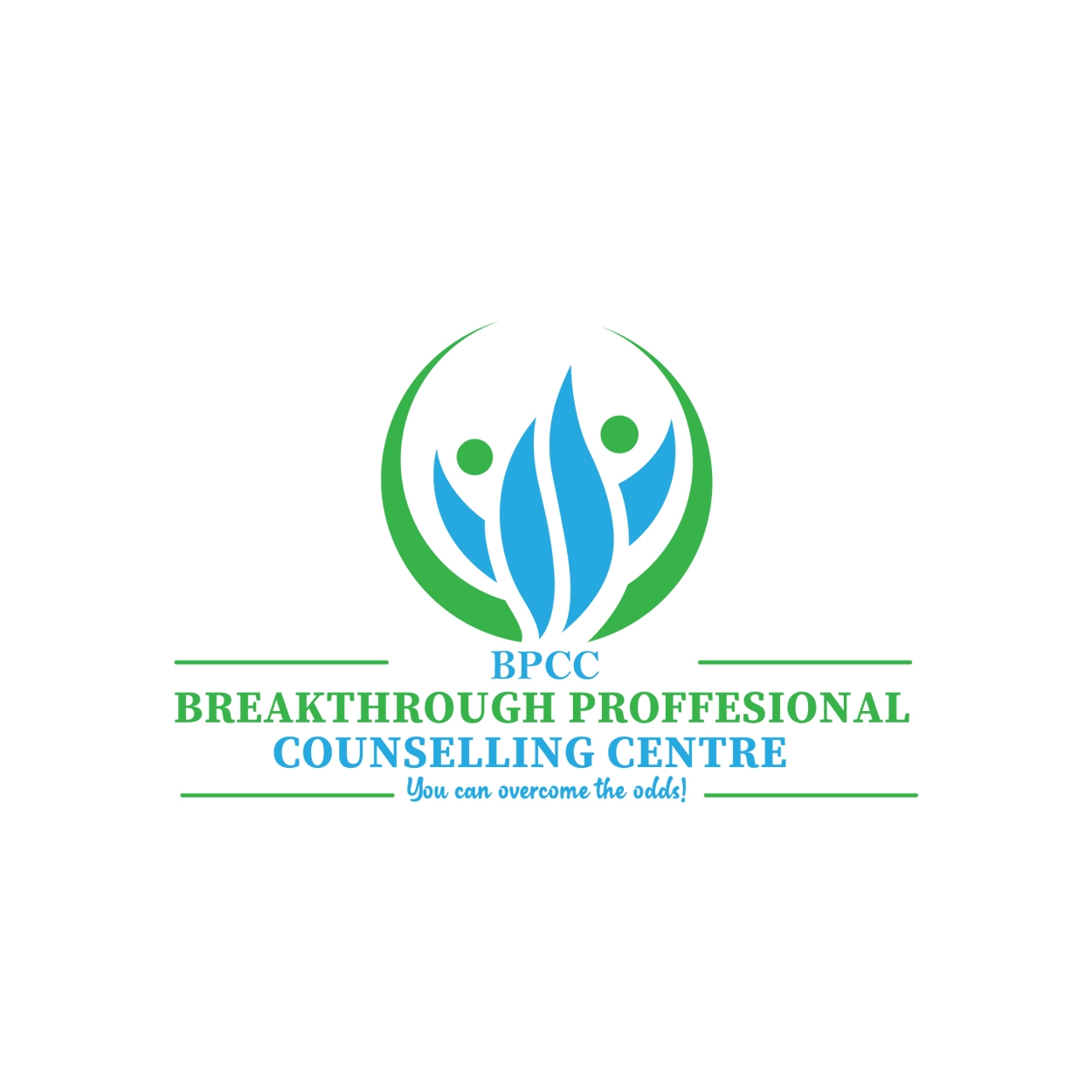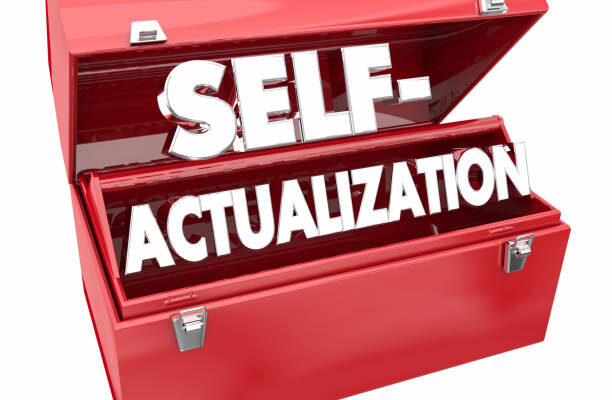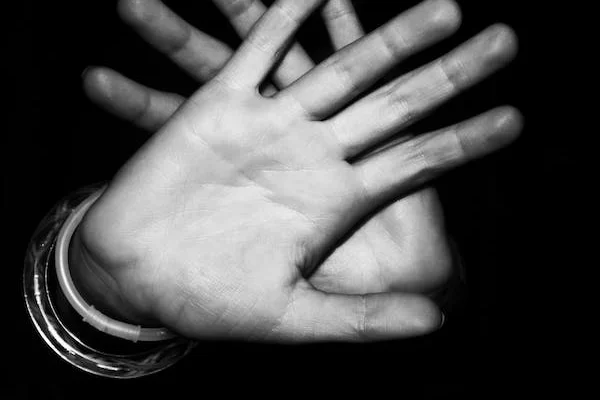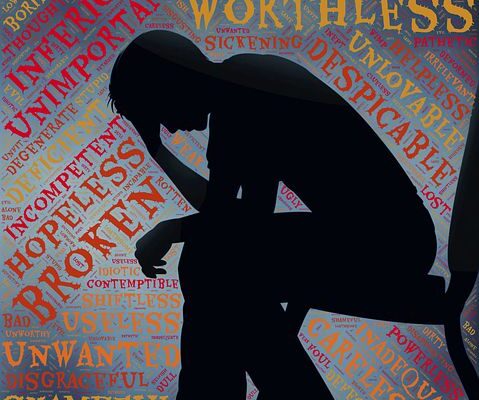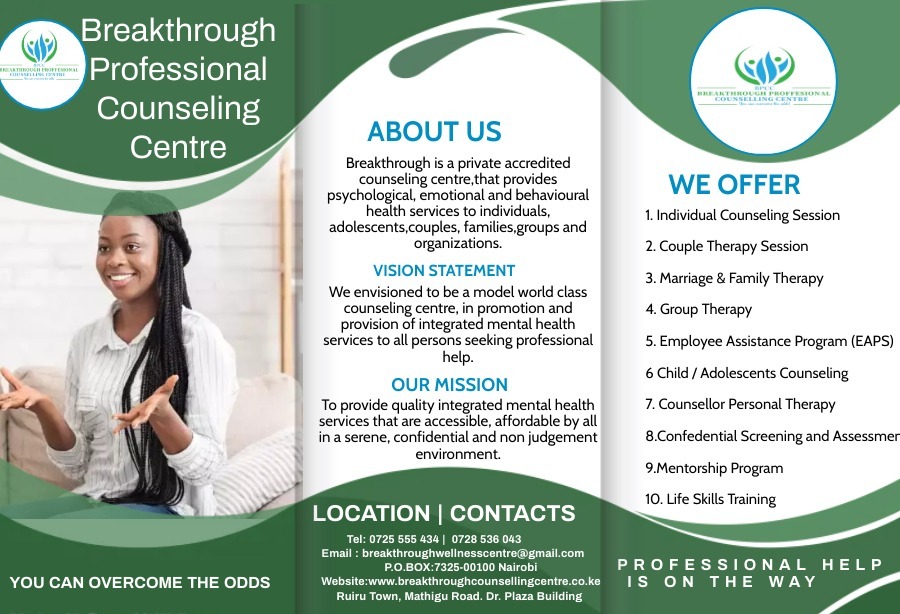Are You Overly Self-Conscious?
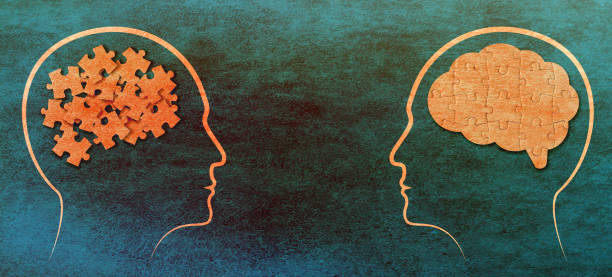
Do you ever have a wardrobe malfunction or a tear on your outfit that makes you overly self-conscious? As you sit, walk, or interact with others, you think all they see is that tear, malfunction, problem or weakness, etc., and people cannot stop staring at you.
You know those moments when you have withdrawn some money from the bank and are carrying the cash, or someone has given you a large sum to ferry/deposit, and then everyone you rub shoulders with becomes a prime suspect?
When you have something valuable on you, be it a phone or jewelry, and you are overly anxious as you go about business that day, you are hyper-aware of all activities around you. In parallel fashion, that is also what happens mentally.
SELF-CONSCIOUS
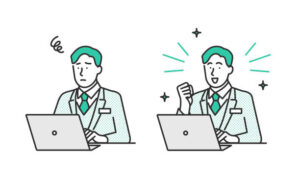
Image: Istock Photos
Being self-conscious means being aware of yourself, your actions, thoughts, and feelings. More often than not, it carries a negative connotation, meaning that you are aware of all these things, but you are also scared of getting disapproval from others because of the same things.
You are worried about how other people will perceive you if they discover something about you. Something you probably don’t want others to find out. Other times, you are worried that people will steal what you have when they know you have it, thus giving you even more anxiety.
Being conscious and aware is not necessarily a bad thing; what determines whether it is a bad thing is by examining yourself and your true motives. Where that lies is where self-consciousness can be determined to be either positive or negative.
MOTIVES BEHIND BEING OVERLY SELF-CONSCIOUS
Insecurity

Source: Getty Images
Let us assume that where you live has high levels of insecurity. There have been reported incidences of theft, mugging, and pickpocketing, and the crime rate is high. That would automatically elicit self-consciousness due to being hyper-alert.
Self-consciousness will prompt you to decide how to carry your things to attract less attention, thus improving your chances of safety. In this case, being self-conscious would be a positive thing.
Self-esteem issues
It is common when dating/courtship or even marriage. Based on your history, you have probably felt less than others, had low self-esteem, and felt like your partner is way out of your league and that you are undeserving of their love, making you hyper-aware of your flaws, weaknesses, etc.
Any time your partner interacts with someone you deem better-looking than you, you feel bad. You think they want to hurt you and show you that you do not matter. You perceive your partner’s behavior as a reflection of your shortcomings, which makes you overly self-conscious.
A similar behavior is if you have issues with a trait you have that does not seem to impress many people. For instance, you may have the gift of gab, or in other cases, you might be a talkative person. Others may have used that against you to show you how it is better to be quiet to look sophisticated.
Or someone may say it is unattractive to talk a lot. In turn, you become overly self-conscious anytime you have something to share. You walk on eggshells and filter your words to avoid saying the wrong thing. That affects your self-esteem; therefore, you become overly self-conscious.
In this case, is that a positive or negative thing? Let us know in the comments.
Imposter syndrome
Imposter syndrome is a concept you explore in detail in my article: Are you struggling with imposter syndrome? When you already feel like a fraud, you cannot even enjoy the season you are in or the blessings that you currently have. You always feel like others will discover that you are undeserving of them.
You become overly self-conscious, thus withholding your full potential, being anxious, going through sadness, and therefore deterring you from making choices and steps that you need to take.
As you reflect, is that a positive thing?
First-hand trauma

Images: Istock Photos
Have you been emotionally abused, criticized, or hurt for how you speak or what you wear, or been mocked for something that is not within your control? You cannot let other people determine who you are and how you feel, though please acknowledge that people and situations can affect your thoughts, feelings, and behaviors.
For instance, when you were born with a disability (physical disability or even issues like stammering), and others mocked you for it from a young age, you would shy away from interacting with others because of the hurt. You might even be extroverted, but because you are overly self-conscious -and feel justified- you train yourself to be introverted.
In such a case, do you think it is a positive or a negative to be self-conscious? If yes, why is that? If No, why? Engage us in the comments.
Vicarious trauma
Vicarious trauma is one of the most overlooked forms of trauma. It is an advanced secondary trauma. In my article, what is Vicarious Trauma? You discover that what you hear, see, or even others experience affects you.
When other people share their stories and experiences, they affect you. Your friends tell you about emotional manipulation they experienced, and that makes you hyper-aware when it comes to opposite-gender interactions. It leads to becoming overly self-conscious because you think everyone has an ulterior motive.
Guilt and Shame
When you have done something wrong, hurt someone, or made a poor decision, you become conscious and wonder if someone else will discover what you did. Similarly, you have a heightened sense of awareness and become worried that others will find out what you did and will not trust you for that.
Owing to that, you become conscious of how you interact with others in the fear that you will be exposed or with the need to protect others from what you know you are capable of. Whichever the case, that can be good or bad.
Examine what motivates your self-consciousness. Do you think it is a positive thing for you? If not, it is time to fix that.
EFFECTS OF BEING OVERLY SELF-CONSCIOUS.
Oversensitivity
When you are too self-conscious, you become sensitive when others say things. It can be easy to misunderstand negative criticism as demeaning instead of a high challenge. Others may hurt you by what they say because you take it out of context.
Anxiety
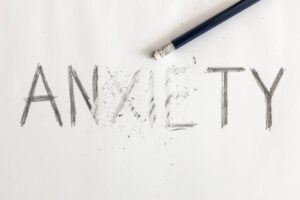
Photo: Istock Photos
As you go about your activities for the day, as you interact with others, your focus is whether they see your weaknesses, and faults at that said moment. When they do, your focus is whether they will judge you for it or not. It is quite difficult to be in such a situation.
People-pleasing tendencies/Walking on eggshells
For instance, you have spent some money that you and your spouse had put aside for a specific project. Because of the guilt, and the worry that they will find out, you become overly nice, trying to do things right by them, you let things that would tick you off slide so that your spouse doesn’t pick up on the radar before you supposedly pay back the money.
Second- Guessing your actions
It applies in specific situations like in an office. Your boss may be in a bad mood and they are nitpicking everything you do. Coincidentally, that was the day you had asked for a raise.
Hours into the difficult day, you keep second-guessing yourself, you wish you hadn’t asked for a raise yet you know you deserve it based on your performance. You believe that things have been tough that day because of you. Has this ever happened to you?
Affects excellence
If you are not careful, self-consciousness motivated by something like trauma can cause a change in how you perform a task at hand. You may be proactive, so you stop contributing to fit a narrative, because you overheard your colleagues/schoolmates speak ill about your proactivity, thus not contributing as you should in the place you are meant to share ideas, like your workplace/school.
Let us know any other effects of being overly self-conscious from the motives above.
ARE YOU OVERLY SELF-CONSCIOUS?
As you examine yourself and your motives, are you? If yes, how do you get around dealing with being overly self-conscious?
DEALING WITH BEING OVERLY SELF-CONSCIOUS
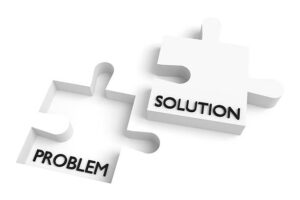
Image: Getty Images
The easiest way to deal with any issue is to examine your motives. By doing that, you get to see the underlying things, and by dealing with the underlying problems, you automatically eradicate the presenting ones.
- Therapy – Talking to someone allows you to hear yourself speak and reflect based on what your therapist asks you. Book a session to walk this journey with professional care and responsibility.
In therapy, you can tackle your self-esteem issues, insecurities, guilt and shame, trauma, and any other underlying issues and patterns you may be aware or unaware of.
- Journaling – As you jot down your thoughts and behaviors, you discover what is beyond your control and what is not. You also figure out if you are just self-conscious or if it has gone deeper into affecting your self-image. Through therapy, the same thing happens.
- Face things head-on – Find out what others think about what is disturbing you. It will help you know rather than create something that may be so far from the truth.
- Circle of Control – Learning what is within your control and what is not gives you the freedom to decide your area of focus. You cannot control anyone’s thoughts about you or behavior towards you at a given time because that may be a reflection of them. Letting go of that allows you to focus on yourself and what you can control.
Above all, learn that human beings are predominantly self-absorbed. It can be a good thing and a bad thing. In this case, you can use it to your advantage, in the sense that, most of the time, you think someone else is looking at your weaknesses; they are probably hoping you do not see theirs, so they focus on hiding theirs.
You can overcome the odds. Help is on the way.
Do you want to know healthy ways of dealing with emotional pain?
Writer,
Sheila K. Muli
Counselor, Speaker, and Trainer
